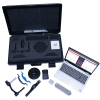
These 4 Clinical Certifications Get You More Than Just CEs
Practice ManagementYou can earn contact hours and continuing education credits that work double time for you, your patients, and your clinic. In this article, we will discuss a few opportunities for CEUs that can double as clinical certifications.
You can save time with clinical certifications that count toward your continuing education credits and contact hours. Every year, we all are looking for ways to earn meaningful continuing education credits. At times, we find ourselves taking online courses in the days leading up to the reporting timeline. For some, it’s a race to complete the credits. In this article, we will discuss four opportunities for CEUs that can earn you a clinical certification.
Functional Capacity Evaluations (FCEs)
FCEs are a very valuable clinical certification that can enable you to offer a new service and reach a broader population. The AOTA defines a Functional Capacity Evaluation (FCE) as a test that “evaluates an individual’s capacity to perform work activities related to his or her participation in employment. The FCE process will compare an individual’s health status and body functions and structures to the demands of a job and the work environment.” There are various assessments that can be included to determine one’s ability to do work as well as other basic daily living activities.
There are various tests that are similar to FCEs (Fit-For-Duty, Return-to-Work, Functional Capacity Assessment, Work Capacity Evaluation), all of which strive to provide an objective measure of a client’s abilities. Earning an FCE clinical certification qualifies you to provide this type of assessment and opens the opportunity for your clinic to offer FCEs or work rehab as a new service.
Certified Ergonomics Assessment Specialist (CEAS)
Another popular clinical certification is the CEAS for ergonomics. Ergonomics training for your clients can be highly effective in a therapy program that focuses on injured workers. This knowledge will allow you to better understand the role body mechanics play in improving job safety. Clients may never have been educated on proper mechanics necessary for efficient and healthy job site activity.
Additionally, an ergonomics assessment program can give your clinic the competitive advantage of offering more types of services for injured workers, as well as developing a consulting relationship with employers who want to prevent injuries. Establishing relationships with employers is key in growing your program. Ergonomic consulting is yet another way to differentiate your practice.
Dry Needling
A popular intervention across all realms of therapy is dry needling. You’ll find this treatment in traditional outpatient clinics, pain management clinics, sports settings and so on. It is incorporated as a treatment of pain and movement concerns.
The therapist targets trigger points with small filiform needles, with the goal to reduce muscle tension and improve movement patterns. You must obtain a clinical certification to perform dry needling. You can find dry needling courses across the country, and even book one to teach in your clinic.
Titleist Performance Institute (TPI) Fitness
Perhaps your clinic is located in a region where there are a lot of golf courses. This could be an opportunity to branch out and offer a golf-specific fitness and rehabilitation program. As a TPI certified expert, you will be able to better understand and address the movement characteristics of the golf swing and how it can lead to pain.
One of the levels of certification specifically addresses clinical topics. The Medical Level 2 certification addresses injuries that are typically encountered on the golf course.
As the clinician, you will be able to combine your background of anatomy and biomechanics with the intricate details of the golf swing. This offering is an excellent way to increase referral opportunities and increase the number of patient populations that you treat. Certification levels are both on site and online.
Conclusion
As you can see, there are multiple opportunities for not only gaining valuable CEUs, but also for increasing the treatment capabilities of your clinic. With more diverse offerings, you will be able to market your services to a wider range of populations.
Jeffrey Johnson, MA, ATC
Clinical Specialist
BTE





